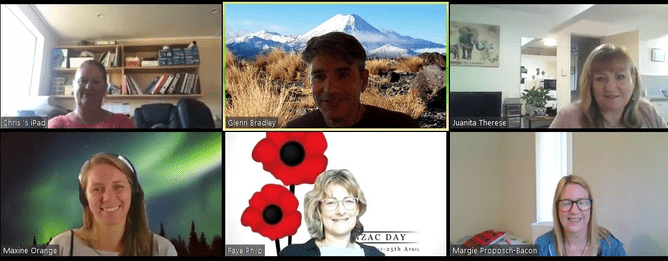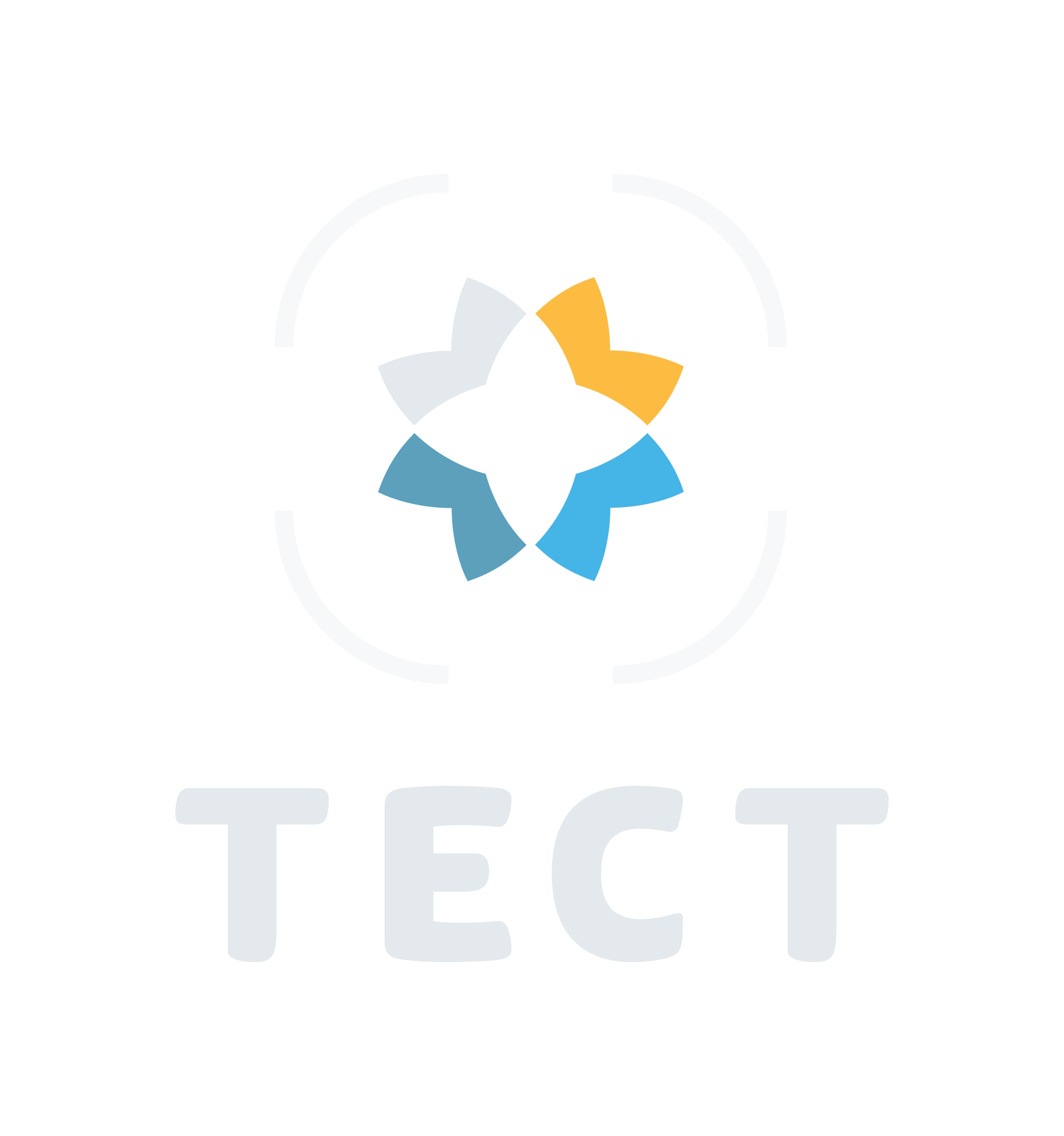It has been a time of many unknowns. The significant change we have all experienced has seen us adapt and come together as a nation to slow the spread of COVID-19.
The potential escalation and uncertainty we faced as we headed into lockdown can serve as a small lens into the life of a family affected by dementia.
The condition is unexpected, its progression and effects on a person are uncertain, and much of existing day to day life and routines can be challenged.
Alzheimer’s Tauranga has been supporting those affected by dementia, their carers, family, whānau and friends, since 1986 and continues to do so through the lockdown.
The organisation provide a range of services including individualised assessments and care plans, facilitation of support groups, volunteer-run activity groups and one-on-one support, and education sessions, ensuring those with dementia have better outcomes and can remain in their own homes for as long as possible.
To keep clients connected and supported during this challenging time, Alzheimer’s Tauranga has been holding Zoom-based education sessions and online companion groups.
The education sessions are for those new to their services, with an aim to inform people with dementia and their family/whānau carers about the condition, how they can best adapt and introduce them to the support services Alzheimer’s Tauranga provide.
Their companion groups are an opportunity for groups of people with dementia to come together to socialise and participate in activities designed to cognitively stimulate the brain.
Alzheimer’s Tauranga General Manager Glenn Bradley says they were initially concerned the technology side of things would be a challenge.
“We’ve been pleasantly surprised by how well our clients, many of whom are elderly, have adapted. The feedback has been great—they’re enjoying seeing the faces of the other folks, taking an interest in the computer.
“We had one client who hadn’t engaged much with our activity groups before. However, after our first video session, the client got in contact with the other family and discussed how well it went. Now that client is going to join our next video session. It’s a neat example of how we have engaged with someone new even in these trying times, introducing them to an important form of support and socialisation.”
The charity notes that while the lockdown has exacerbated an already complex situation for those living with dementia, one thing holding strong is the support of loved ones.
“Our team have been impressed with the resilience of our community and the willingness of whānau to step up and wrap extra care around those needing it,” says Glenn.
“We are mindful that the next few weeks through level 3 won’t really mean any change in the day to day lives of our elderly, nor is level 2 going to ease restrictions significantly for those at risk, so we’ll be continuing to keep in close contact and look for ways to adapt our support appropriately.”
Like many social services, Alzheimer’s Tauranga is only partly funded by DHB contracts, and is heavily reliant on grant funding, local fundraising events, and donations.
With many of these usual funding avenues on hold for now, Glenn says the charity is extremely grateful for the support of TECT and other local funders who have indicated they will continue to support the community despite the changing circumstances.
“We are extremely grateful for the $45,000 in TECT funding we received in October last year which is allowing us to provide our services to the ever-increasing number of referrals we receive.
“We have seen the number of people using our service more than double since 2010 and the numbers of people affected by dementia are projected to continue to rise as our population ages.”
Glenn also urges the community to keep in mind the many community groups, like Alzheimer’s Tauranga, who are working through the lockdown with a decrease in donations and no ability to fundraise.
“You may never quite know what impact a donation, or even better starting regular giving can make, but I can assure you, right now, that impact is more important than ever for our community organisations. So, if there is a group you resonate with or has supported your family member in the past and you have the means to help, please do.”
Now is also an ideal time to become a Dementia Friend. By doing a quick 20-minute interactive module at https://demfriendsnz.firebaseapp.com/#/home, you can learn a little about dementia and how you can be a Dementia Friend, by simply being more aware and creating an intention to assist someone, a family member or neighbour, in any small way.
The Alzheimer’s NZ website has resources for families at home with dementia in lockdown, available to view at https://www.alzheimers.org.nz/





